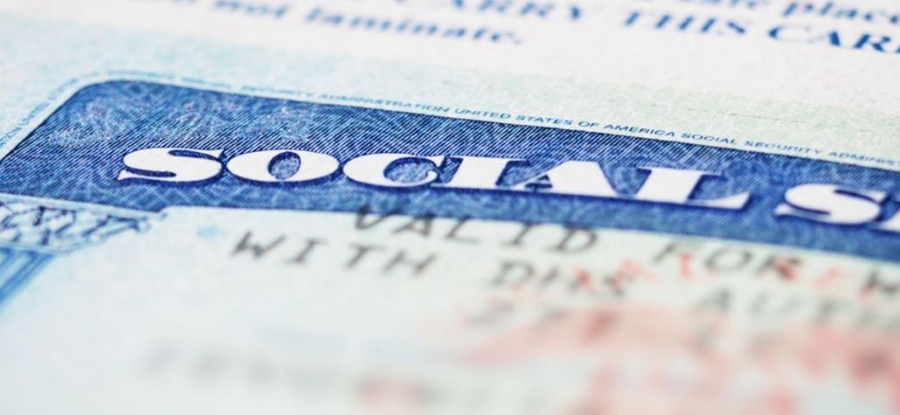Starting with your Social Security Number, scammers are attempting to steal your identity
A person’s identity and Social Security number are intertwined. People can obtain jobs, receive government benefits, and have their nine-digit government-issued number used to identify them and keep track of their earnings.
But the wrong individuals may simply get their hands on this number. Social Security numbers can be obtained fraudulently in a number of ways, such as through data breaches, persons searching through trash for the number, or by selling them on the dark web to the highest bidder.
 Theft of a social security number
Theft of a social security number
According to the Federal Trade Commission, consumer fraud reports filed with the FTC. And other enforcement agencies consistently rank identity theft as one of the offences with the fastest rate of growth in the United States. Scammers are always thinking of new strategies to entice victims into disclosing their social security numbers so they may exploit them.
All it takes in some cases is a phone call.
The Office of the Inspector General for the Social Security Administration issued a consumer alert warning. That con artists may pose as Social Security Administration personnel by utilising methods that “spoof” real identities and phone numbers. Scammers may even use official letterhead and verbiage from the government in their letters. And reports that they send via U.S. mail, email, text message, or social media message to persuade victims that they are legitimate.
Since the Social Security Administration doesn’t issue many new numbers. If one were to fall into the wrong hands, it might cause significant harm. It is possible for someone to create a bank account. Obtain medical treatment, claim a false tax refund, steal government benefits, rent an apartment. Or even engage in criminal activity that can be traced back to the victim of the social security number theft.
Identity theft – How con artists attempt to obtain your Social Security Number
The Social Security Administration rarely calls, but when they do, one of the following situations is typically taking place: you have requested a phone call from the Social Security Administration, you are already receiving payments and need to update your record, or you recently applied for a benefit and need a call. There is no alternative scenario under which the agency would contact you.
If you get a call, text, email, letter, or message on social media that does any of the following, it’s a fraud, says the Social Security Administration Office of the Inspector General:
- Even if they know all or part of your Social Security number, they could threaten to suspend it.
- the threat of an arrest or legal action
- asking or requiring quick payment
- requiring payment with a gift card, prepaid debit card, online cash, or a cheque sent by mail.
- demanding personal information under duress
- I’m asking for privacy
- a threat to take control of your bank account
- expressing a commitment to raising your Social Security benefit.
- attempting to acquire your faith by offering phoney documents, phoney proof, or the title of an actual government representative
 Your identity was stolen. What you must do is as follows.
Your identity was stolen. What you must do is as follows.
- Everybody is susceptible to identity theft. As for what the Social Security Administration advises you to do if you were duped into providing your information, it is as follows:
- Online reporting of the scam to the Office of the Inspector General of the Social Security Administration
- Stop communicating with the con artist right away, and ignore their messages.
- The three main credit bureaus (Equifax, Experian, and Transunion) should be informed, and a fraud warning should be added to your credit record. Another option might be to just freeze your credit.
- Visit IdentityTheft.gov to file a report and begin a recovery plan if your identity has been stolen.
- Check your credit reports once a year to see if somebody is using your SSN. Additionally, if someone is using your number, report it to the authorities in your area, check your Social Security Statement for earnings, and notify the Social Security Administration of any discrepancies. If someone is using your SSN to work, claim your refund, or engage in other tax fraud, you should also get in touch with the Internal Revenue Service.




